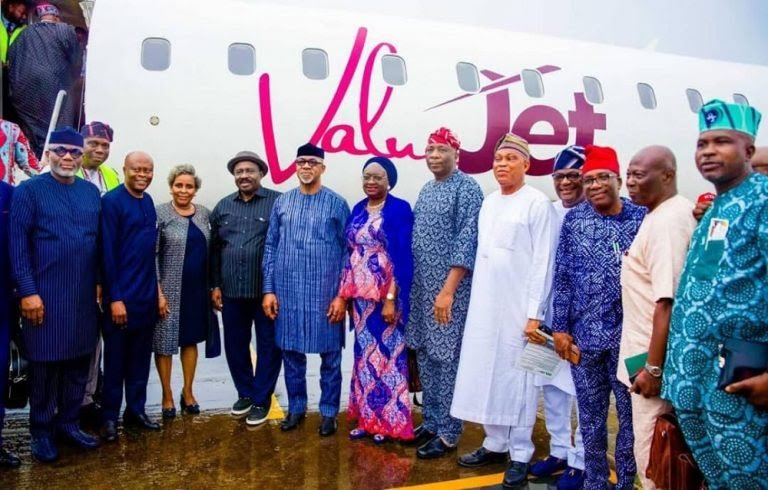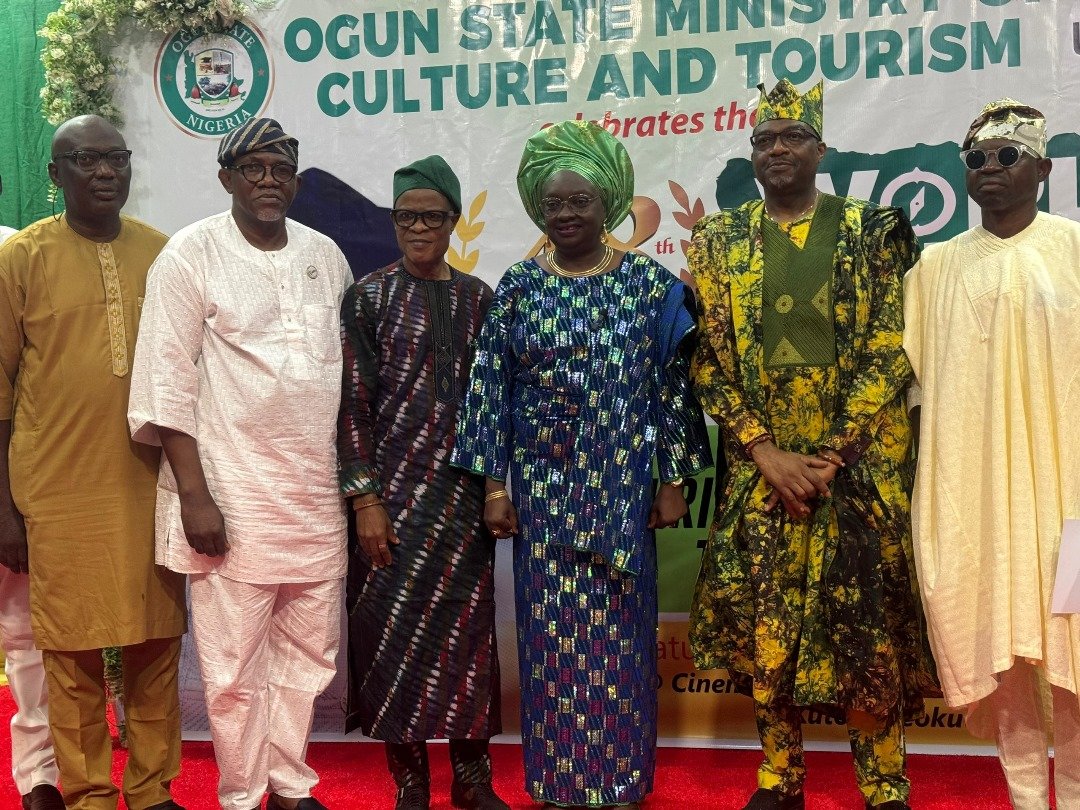
Nigeria and Brazil have taken a major step toward strengthening bilateral relations with the signing of a landmark agreement to establish direct flight operations between the two countries. The pact, which aviation authorities from both nations recently formalized, is expected to significantly deepen economic, cultural, and diplomatic ties while opening new opportunities for trade, tourism, and people-to-people connections.
Bridging Two Continents
The agreement is being hailed as a milestone in Nigeria–Brazil relations, considering the historical and cultural bonds shared between Africa and South America. For decades, travelers between the two nations endured lengthy journeys with multiple stopovers, often through Europe or the Middle East, before reaching their final destinations.
The introduction of direct flights is expected to drastically reduce travel time and costs, making it easier for citizens of both countries to engage in business, tourism, academic exchanges, and cultural collaborations. Aviation experts have noted that this development places Nigeria and Brazil in a better position to maximize the economic potential of their historic relationship.
Economic Benefits on the Horizon
One of the key areas expected to benefit from this new connectivity is trade. Brazil, as Latin America’s largest economy, offers Nigeria a gateway to expanded markets for agricultural produce, oil, gas, and manufactured goods. Conversely, Brazil’s strong agricultural and industrial base provides opportunities for Nigerian importers seeking affordable and diverse products.
By establishing a direct air corridor, both nations can expect reduced logistical challenges, faster cargo delivery, and enhanced business partnerships. The agreement aligns with Nigeria’s broader objective of diversifying its economy beyond oil by strengthening trade relationships with emerging global partners.
Financial analysts believe the move will also encourage increased investments, with Brazilian companies exploring Nigeria’s energy and infrastructure sectors, while Nigerian businesses can gain access to Brazil’s vast consumer market.
Boosting Tourism and Cultural Exchange
Beyond economic ties, the agreement carries strong cultural significance. Brazil is home to one of the largest populations of African descent outside Africa, with millions tracing their roots back to Nigeria and other parts of West Africa through the transatlantic slave trade. This shared heritage has long created cultural similarities in music, food, language influences, and spirituality.
With direct flights now in view, Nigerians and Brazilians will find it easier to explore these shared cultural legacies. Tourism stakeholders anticipate a rise in cultural festivals, heritage tours, and exchange programs that will not only strengthen bonds but also generate revenue for both nations’ tourism industries.
Students and academics are also expected to benefit from increased collaboration, as universities and research institutions in both countries pursue partnerships in areas such as agriculture, medicine, and technology.
Strengthening Diplomatic Relations
Diplomatically, the direct flight agreement signals a renewed commitment to fostering closer cooperation between Africa and South America. Nigeria and Brazil, both regional powerhouses, share common interests on issues such as climate change, energy transition, and South-South cooperation.
By establishing a direct air link, the two countries have created a practical foundation for more frequent diplomatic exchanges, high-level visits, and stronger collaboration in multilateral organizations such as the United Nations and the World Trade Organization.
Observers believe this development could also serve as a catalyst for wider cooperation between African and South American nations, encouraging other bilateral and regional flight agreements that enhance connectivity across the South Atlantic.
Aviation Sector Implications
From an aviation perspective, the Nigeria–Brazil direct flight agreement represents a significant expansion of Nigeria’s international connectivity. Industry experts note that this is part of a broader strategy by Nigeria’s Federal Government to position the country as a hub for air transport in Africa.
With Air Peace already making notable strides in international operations, there is speculation that the airline could be among the first to take advantage of this new route. Brazilian airlines may also enter the market, creating competition that could drive down ticket prices while offering passengers more options.
The agreement is also expected to create new jobs in the aviation and hospitality sectors, from pilots and engineers to travel agencies and tourism operators. Furthermore, Nigeria’s airports stand to gain increased international traffic, reinforcing their status as gateways for West African travelers.
Looking Ahead
While implementation timelines are yet to be officially announced, both governments have expressed optimism that the first direct flights between Nigeria and Brazil will commence soon. Authorities are expected to finalize technical details such as flight frequency, designated carriers, safety protocols, and pricing structures in the coming months.
For now, the signing of the agreement has generated excitement across business circles, diplomatic platforms, and cultural communities. Nigerians and Brazilians alike are looking forward to a future where travel between Lagos and São Paulo—or other major cities—becomes not only possible but convenient and accessible.
The agreement represents more than just a new air route; it is a bridge between continents, a pathway for growth, and a symbol of renewed friendship between two nations bound by history and united by the promise of mutual progress.








